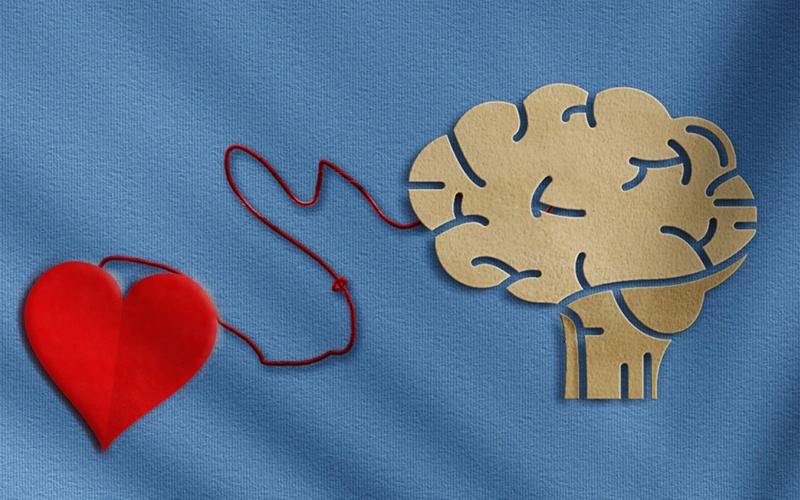Understanding Procrastination: Causes, Effects, and Solutions
Procrastination is a common issue that affects millions of people worldwide. It’s the act of delaying tasks, often unnecessarily, and can have significant consequences on one’s personal and professional life. Despite knowing the negative effects, many find themselves stuck in a cycle of postponement, which can lead to stress, missed opportunities, and diminished productivity.
Why Do We Procrastinate?
Procrastination is often linked to a variety of underlying psychological factors. One of the most common reasons is fear of failure. When faced with a challenging task, some individuals delay starting because they are anxious about the outcome. Perfectionism can also play a role, where the individual feels that they must complete a task perfectly or not at all. This mindset can lead to avoidance behavior, where tasks are put off to avoid the discomfort associated with potential imperfection.
Another contributing factor is lack of motivation. If a task doesn’t seem rewarding or interesting, it’s easy to push it aside in favor of more enjoyable activities. This often happens with tasks that don’t offer immediate gratification. Similarly, poor time management can lead to procrastination. When people struggle to prioritize tasks effectively, they may become overwhelmed, leading them to delay starting altogether.
The Impact of Procrastination
The consequences of procrastination can be severe. Chronic procrastinators often experience higher levels of stress and anxiety, particularly as deadlines approach. The constant last-minute rush can lead to poor-quality work, as there is insufficient time to give tasks the attention they require. Over time, procrastination can also affect self-esteem and confidence, as repeated failures to meet deadlines or expectations reinforce negative beliefs about oneself.
Procrastination doesn’t only affect individuals. Organizations suffer as well when employees procrastinate, leading to missed deadlines, reduced productivity, and strained workplace relationships. In academic settings, students who procrastinate are more likely to have lower grades, higher dropout rates, and increased levels of academic stress.
Strategies to Overcome Procrastination
Overcoming procrastination requires a conscious effort to understand and address the underlying causes. One effective approach is breaking tasks into smaller, manageable parts. This reduces the sense of overwhelm and makes it easier to start. Setting specific deadlines for each part can help maintain momentum and keep tasks on track.
Another strategy is prioritizing tasks based on their importance and urgency. Using tools like to-do lists or time management apps can assist in organizing tasks and ensuring that important tasks are completed first. Additionally, it’s important to address the emotional aspects of procrastination, such as fear of failure or perfectionism. Cognitive-behavioral techniques can be helpful in reframing these thoughts and reducing the anxiety associated with starting tasks.
Building New Habits
Developing new, productive habits is key to overcoming procrastination. This can include setting aside specific times each day to work on tasks, reducing distractions, and rewarding yourself for completing tasks on time. Over time, these habits can replace procrastination with productivity, leading to better outcomes both personally and professionally.
Procrastination is a challenge that many people face, but it’s not insurmountable. By understanding the reasons behind it and implementing strategies to counteract it, you can take control of your time and achieve your goals more effectively.



